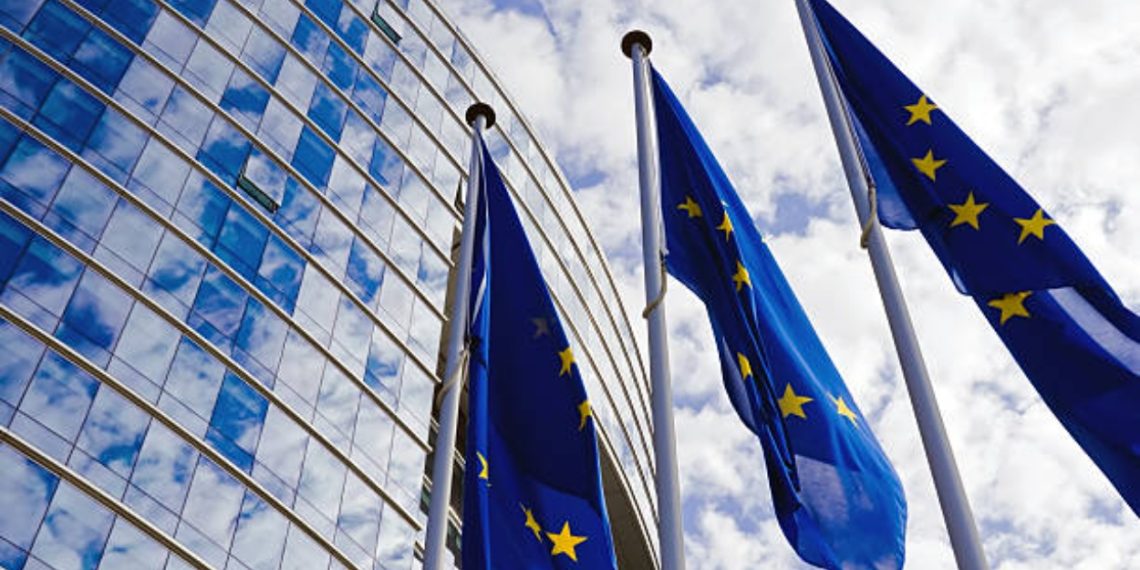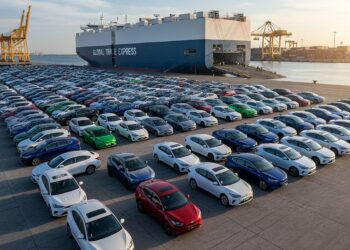The European Commission announced this Tuesday that it has fined15 major car manufacturers and the European Automobile Manufacturers Association (ACEA) a total of approximately €458 million for participating in a long-standing cartel regarding the recycling of end-of-life vehicles.
The cartel was reported by Mercedes-Benz under the leniency program, which allowed the German car manufacturer to avoid the fine, while the other 15 manufacturers admitted their involvement in the cartel and agreed to settle the case, although they could not escape the penalties.
The illegal practices took place from May 2002 to September 2017, during which these 16 companies and the ACEA “entered into anti-competitive agreements and engaged in coordinated practices related to the recycling of end-of-life vehicles,” the institution stated.
The companies involved are BMW, Ford, Hyundai / Kia, Jaguar Land Rover, Tata, Mazda, Mercedes-Benz, Mitsubishi, Opel, General Motors, Renault / Nissan, Stellantis, Suzuki, Toyota, Volkswagen, Volvo, Geely, and ACEA.
The European Commission’s investigation revealed the existence of a single and continuous infringement in the European Economic Area (EEA), spanning over 15 years, from May 29, 2002, to September 4, 2017, which allowed the involved manufacturers to agree not to pay end-of-life vehicle dismantling companies for treatment, in addition to sharing commercially sensitive information about their agreements with these companies.
Furthermore, they agreed not to promote the amount of vehicles that can be recycled, recovered, and reused, as well as the amount of recycled material used in new cars, to prevent consumers from considering recycling information when choosing a vehicle, which would reduce the pressure on companies to go beyond legal requirements.
In the case of ACEA, it was, according to the European Commission, the facilitator of the cartel, having organized meetings and contacts among the car manufacturers involved.










